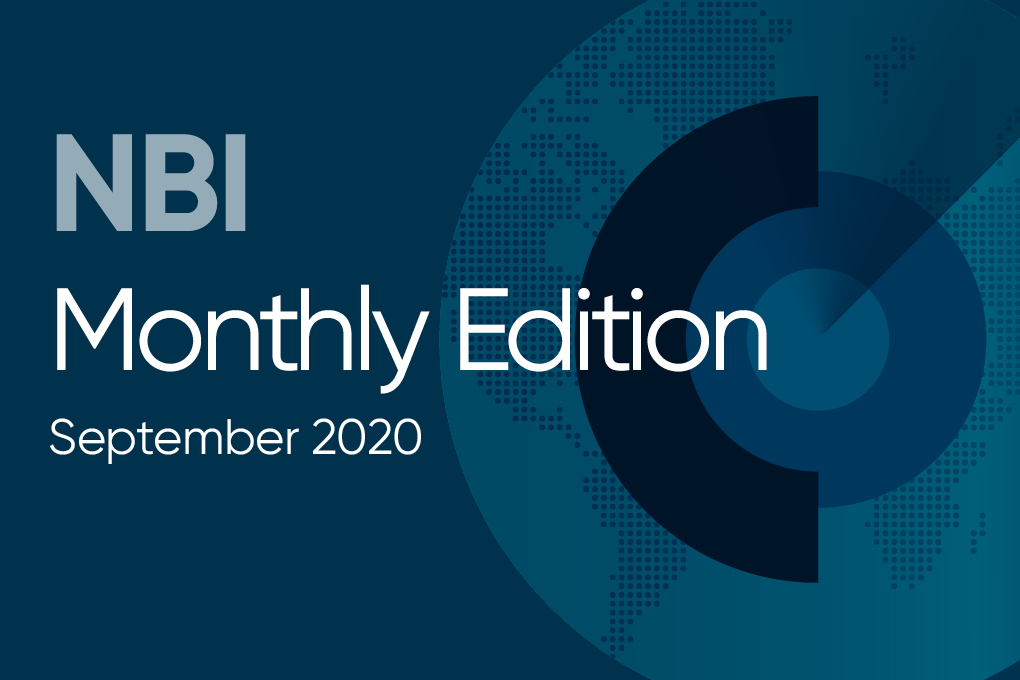While heading to the polls will surely be front and center in 2020,
this year is a little different. With the U.S. presidential race
sharing the limelight with COVID-19, what impact will this year’s
elections have on markets?
The impact of COVID-19 on the presidential election
A recession within two years before the election usually reduces their odds of a sitting president being re-elected. With that said, the outcome of the election will depend largely on whether the U.S. is in recession territory when voters cast their ballots in November.
Still, if voters believe the COVID-19 induced economic downturn is as an external disruptor and the U.S. president’s “America first” agenda outweighs his administration’s perceived handling of the pandemic, there is a glimmer of hope for the Republicans.
What history has shown in election years
History has shown that equity markets have been rather resilient in election years. On average, the U.S. stock market stalled in the 3 months preceding the last 10 presidential elections, but gains were generally observed over the following 12 months (see table).
What could we expect?
| S&P 500 total return around U.S. presidential elections | ||||
|---|---|---|---|---|
| Election year |
3 months before |
3 months after |
6 months after |
12 months after |
| 2016 | -1,30% | 7,80% | 13,30% | 23,70% |
| 2012 | 3,00% | 6,50% | 14,50% | 26,80% |
| 2008 | -19,00% | -16,60% | -8,40% | 6,90% |
| 2004 | 2,60% | 6,00% | 3,70% | 9,40% |
| 2000 | -2,90% | -6,10% | -11,20% | -21,00% |
| 1996 | 8,80% | 9,50% | 17,40% | 34,50% |
| 1992 | -0,40% | 7,20% | 6,80% | 13,40% |
| 1988 | 2,90% | 9,50% | 13,20% | 27,20% |
| 1984 | 5,80% | 7,50% | 7,30% | 16,70% |
| 1980 | 5,50% | 1,40% | 5,70% | 3,30% |
| Average | 0,50% | 3,30% | 6,20% | 14,10% | Positive/Total | 60% | 80% | 80% | 90% |
Source: National Bank Investments, CIO Office (data via Refinitiv).
2020 is anything but an “average” year, and the run-up to the election is likely to raise investor nervousness. But is this really enough to derail the ongoing economic recovery? Perhaps not.
A closer look at history shows that what explains the divergence in market behavior around presidential elections is not the political affiliation of the new president, senate, or house of representatives but rather, the health of the economy.
To conclude
Governments have shown they are willing to support the economy and markets at all costs throughout the pandemic. Furthermore, an emerging vaccine or game changing therapeutic is plenty of reason to be optimistic about COVID-19, which is an outlier this election year.
If Democrats win the election (they are currently ahead in the polls) they will more than likely increase the corporate tax rate. However, this would be offset by increased spending, which would probably not be too unsettling for markets.

